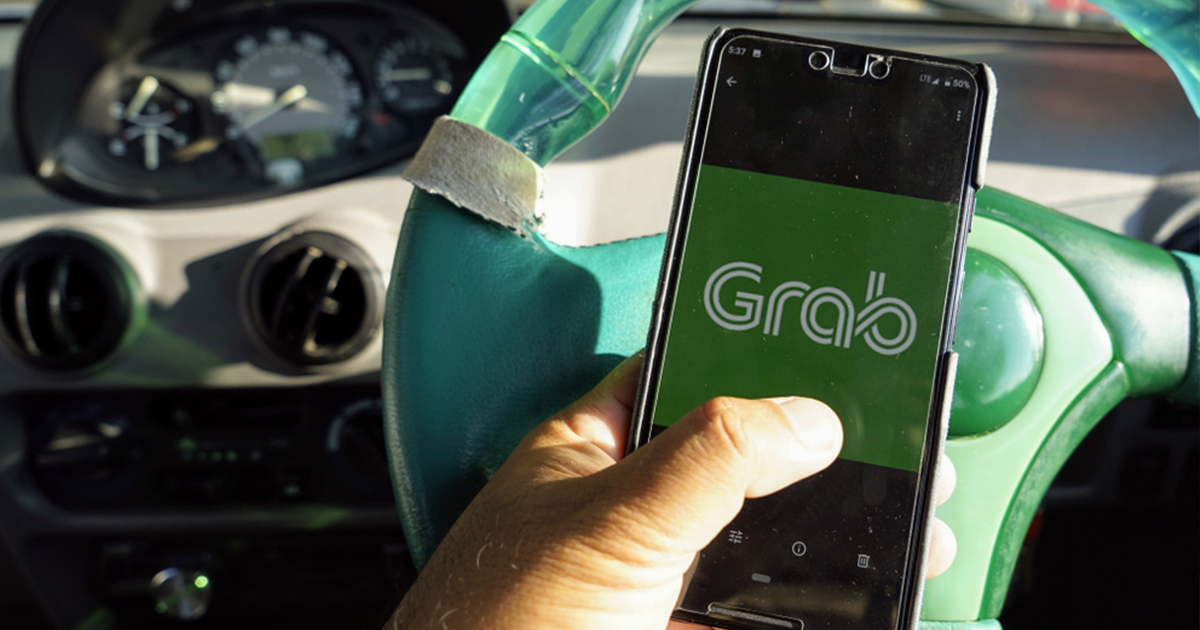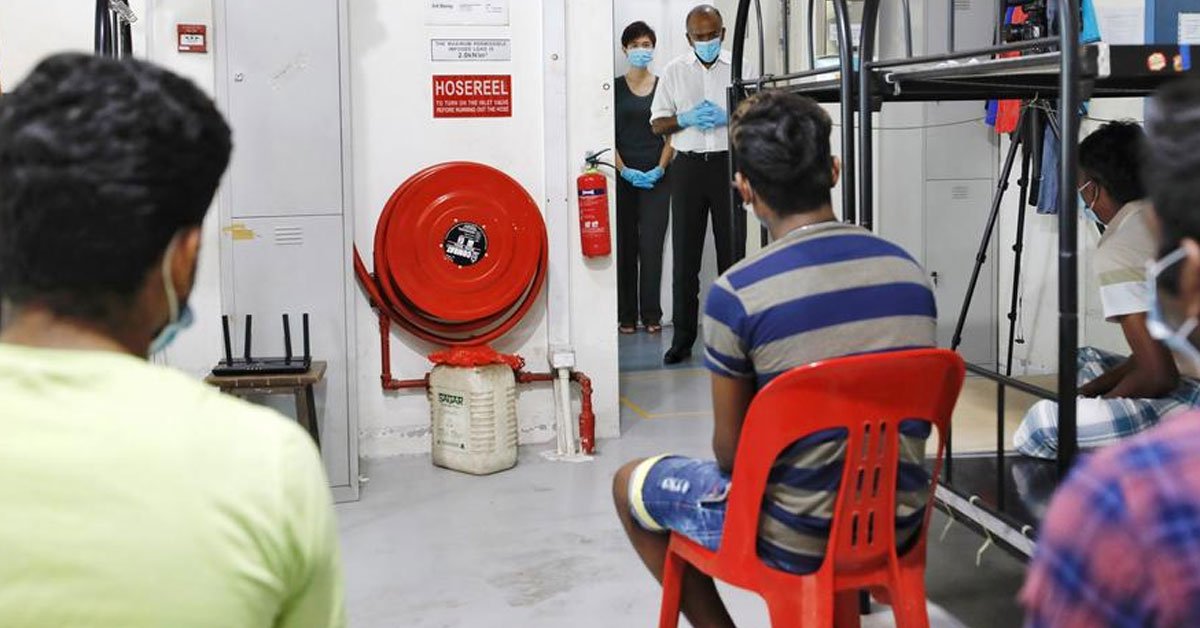Ride-hailing apps in Singapore have become indispensable to our lives, but some drivers appear to take people’s reliance on them a notch too far.
For one, some Grab drivers choose to accept rides without the intention of fulfilling them.
Others operate akin to taxi drivers on the side without having the proper license to do so.
One Grab driver who did that was recently caught and punished by the law.
Here is what happened.
Grab Driver Operated as a Taxi Driver Without Having the Right Licenses and Insurances
Recently, the judgment for Public Prosecutor v Nandha Sharm Nair [2023] SGMC 40 was published.
This case was about a woman, 45-year-old Nandha Sharm Nair, who claimed trial to two traffic charges brought against her.
The first charge was for using a “chauffeured private hire car bearing vehicle registration number SMZ 4122P, as a taxi public service vehicle” without “a valid licence issued under Part V of the Road Traffic Act 1961 authorising such use as a taxi”.
The second charge was for her “use [of] a chauffeured private hire car bearing vehicle registration number SMZ 4122P, for gain or for reward as a taxi public service vehicle” whilst there was no “policy of insurance in respect of third-party risks as complies with the requirement of the Motor Vehicles (Third-Party Risks and Compensation) Act 1960” in force.
Nair was convicted of both charges in the District Court in front of District Judge Soh Tze Bian.
Based on the details documented in the judgment, Nair’s modus operandi seemed to be picking up passengers who did not make a prior booking on any chauffeured private hire car app (such as Grab) and charging these passengers a fee for fetching them to their destination.
In one case, the two passengers (who were witnesses in the case) said that Nair stopped the vehicle she drove after they had flagged it down by the roadside. This occurred near MacPherson Road at night.
One of the two witnesses even confirmed with Nair if she was “driving a Grab”, to which Nair “replied in the affirmative”.
The destination of the two men was Beatty Lane, a short 15-minute drive away.
There was no booking made by either passenger at any point in time (which eventually led to Nair being found guilty of “plying for hire”).
While Nair claimed that she had picked up these roadside passengers (who did not make a booking through any ride-hailing app) “out of compassion”, Judge Soh found that this was not a credible statement.
Judge Soh reasoned that it was “not plausible that [Nair] would allow two seemingly drunk individuals to barge into her car late at night” and “it is even less plausible that after they had so suddenly entered her [vehicle] that she would convey them to their destination out of compassion and without a fee”.
Furthermore, there was evidence that Nair had stopped the vehicle to check on her “previous cancelled booking” right before picking up the witness, which strongly suggested that she picked up the passengers by the roadside as a “replacement for her previous cancelled booking”.
At the end of the journey, Nair received $50 from the passengers, which could have served as the transportation fee. There also appeared to have been some negotiation between the parties about the fare for the journey.
Hence, it was proven beyond reasonable doubt that Nair had been operating as a taxi driver even though she was not supposed to.
At the end of the day, Judge Soh meted out a fine of $1,500 for the first charge (and in default, seven days’ imprisonment) and $800 for the second charge (and in default, four days’ imprisonment), amounting to a total of $2,300 in fines for Nair.
The “in default imprisonment” sentence means that Nair can choose to serve time in jail if she chooses not to or is unable to pay the monetary fine.
Apart from fines (or a jail term), Nair was also ordered to be “disqualified from holding or obtaining all classes of driving licences for 12 months from the date of conviction”.
Interestingly enough, this sentence may have been heavier than Nair would otherwise have received, given Judge Soh’s comments that Nair claiming trial for the two charges showed that she was “not remorseful” about her violations of traffic laws.
The only saving grace that she had was that this was her first conviction for such offences.
If you are wondering how a case of illegal ferrying of people came to light, it is because Nair got into an accident after the journey occurred.
While the details are sketchy, the main gist is that one of the passengers had alighted while Nair was negotiating the fare ($50) with the other passenger.
The passenger that alighted then retrieved his own vehicle and accidentally hit Nair’s car.
The second passenger, who was negotiating the fare, eventually alighted from Nair’s car to inspect the damage. It was also stated that the traffic police commenced an accident against the passenger who caused the accident.
Given these details, we can only speculate how these investigations and the accident led to the prosecution finding out about Nair’s illegal ferrying of passengers.
Perhaps an insurance provider dug a little too deep while assessing the claims and revealed Nair’s wrongdoing.



